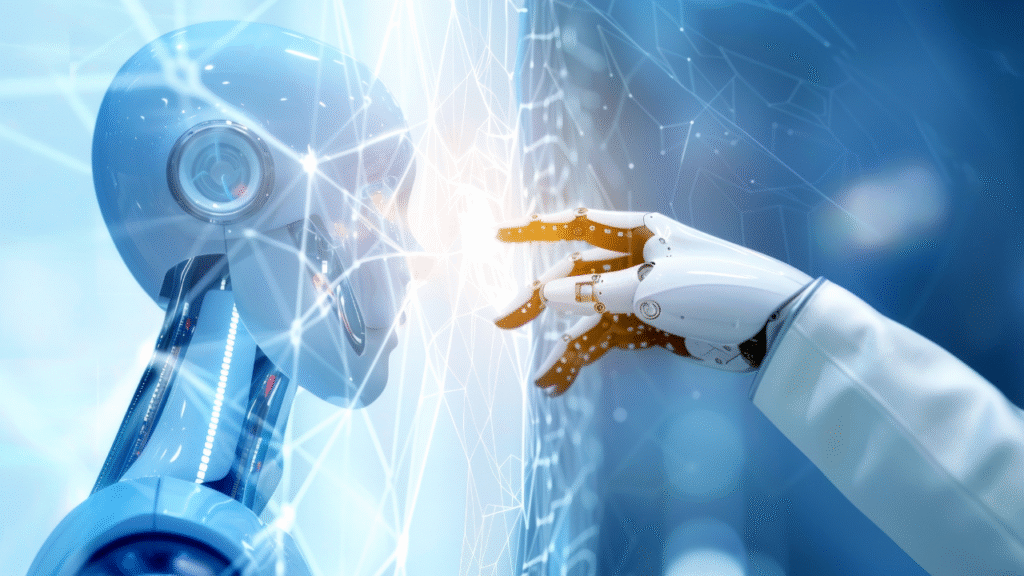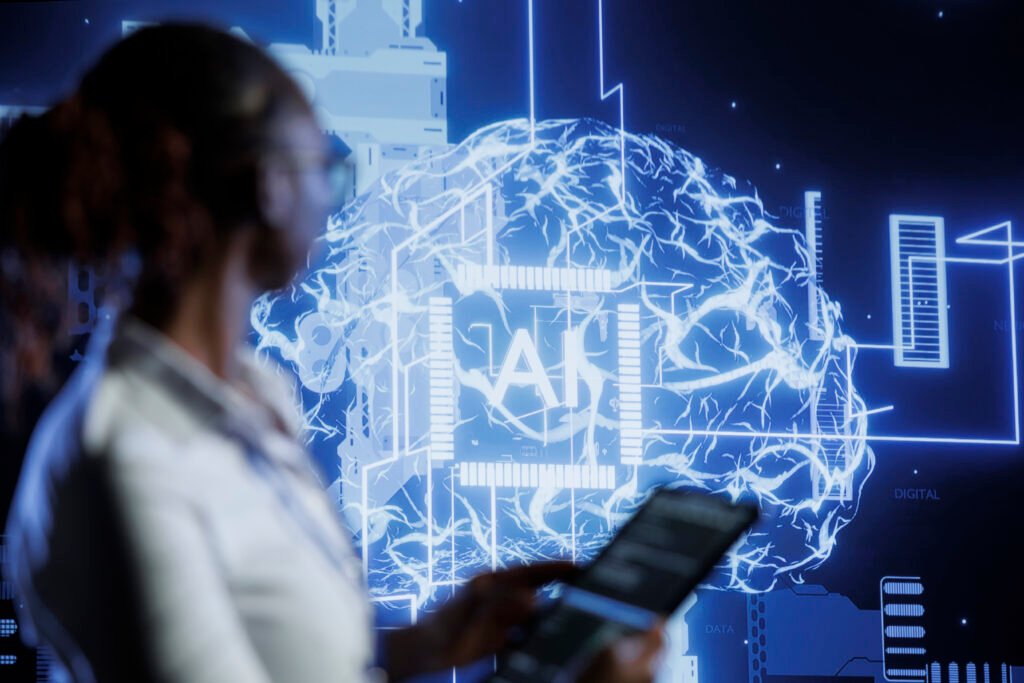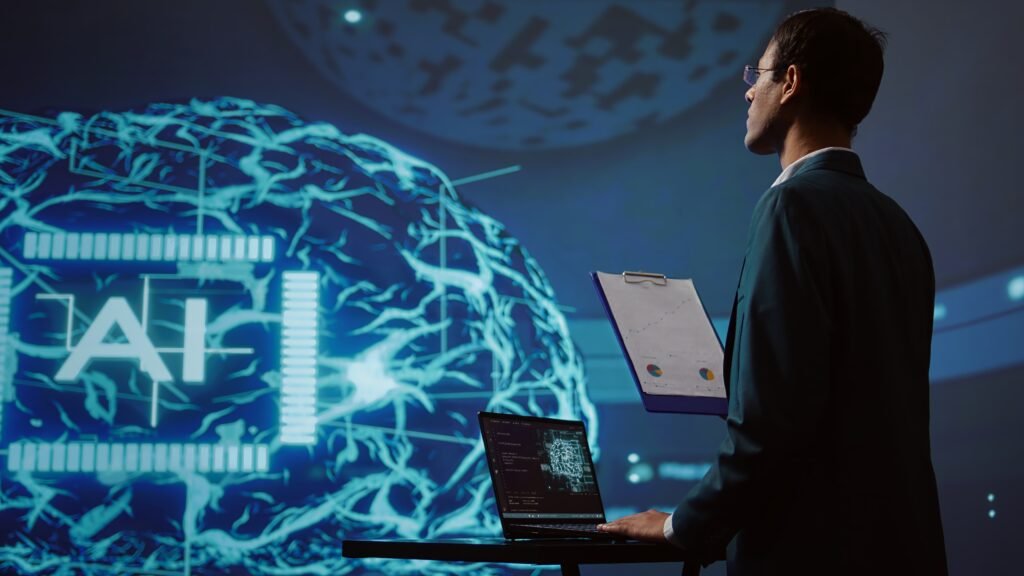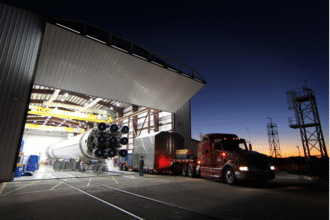Artificial Intelligence (AI) is evolving at an astonishing pace. We’ve moved from rule-based systems to machine learning, from reactive chatbots to predictive assistants. But what if AI could go one step further—not just processing commands or predicting outcomes, but acting independently with purpose? That’s where Agentic AI comes in. This emerging concept represents a new class of autonomous artificial intelligence systems that can make decisions, pursue goals, and adapt to their environment like never before.
In this blog, we’ll explore what Agentic AI is, how it works, and why it’s being hailed as the next generation of intelligent systems. We’ll also discuss the role of self-directed AI agents, the future of AI autonomy, and what this all means for society.
What is Agentic AI?
At its core, Agentic AI refers to artificial intelligence systems that act like autonomous agents. These are not just systems that respond to inputs or follow predefined scripts—they are goal-oriented, self-initiating, and adaptive. They can assess their environment, set objectives, and carry out complex sequences of actions without human micromanagement.

While traditional AI waits for instructions, Agentic AI takes initiative.
A Quick Comparison:
| AI Type | Behavior | Example |
|---|---|---|
| Traditional AI | Follows instructions | A chatbot that answers questions |
| Autonomous AI | Reacts to the environment | A self-driving car avoiding an obstacle |
| Agentic AI | Acts with purpose and long-term goals | An AI assistant planning your week based on your life goals and habits |
How Agentic AI Works
To understand Agentic AI, it helps to think of it as composed of multiple capabilities working in harmony:
- Perception: Sensing and understanding its environment in real time.
- Memory: Retaining past experiences and using them for future decision-making.
- Reasoning: Evaluating different courses of action and predicting consequences.
- Planning: Setting goals and designing strategies to achieve them.
- Autonomy: Executing decisions without external input.
This structure makes self-directed AI agents possible—systems that can define their own sub-goals in pursuit of a larger objective.
Why Agentic AI Matters
1. Truly Independent Machines
Agentic AI doesn’t just reduce human involvement—it redefines it. These systems could take over complex tasks like:
- Managing logistics chains
- Running autonomous research labs
- Optimizing urban infrastructure in real time
2. Massive Efficiency Gains
By automating high-level planning and reasoning, autonomous AI can reduce costs, eliminate human error, and increase scalability across industries.

3. Personalization Like Never Before
Imagine an AI that understands your lifestyle, preferences, and values—and takes initiative to improve your daily life. That’s the promise of self-directed AI agents in personal productivity, healthcare, education, and more.
Applications of Agentic AI
1. Healthcare
Agentic AI could monitor patient data continuously, identify risks early, and autonomously adjust treatment plans—especially in home-based care or for chronic conditions.
2. Industrial Automation
From predictive maintenance to resource allocation, these AI systems can set and adjust goals in real time based on fluctuating factory conditions.
3. Business Operations
Agentic AI could serve as a strategic planner—identifying market trends, suggesting product changes, and orchestrating marketing campaigns.
4. Education
Imagine an AI tutor that not only understands where a student is struggling but also creates custom learning paths, adjusting in real time based on progress and motivation.
Neuromorphic Computing: The Perfect Match?
The future of Agentic AI may depend on the next wave of hardware—neuromorphic computing. These brain-inspired chips are designed to mimic the way neurons and synapses interact. Their benefits include:
- Low power consumption
- Real-time processing
- Adaptive learning
Together, neuromorphic hardware and agentic software could create AI that not only thinks faster and smarter, but also does so with biological efficiency.

The Future of AI Autonomy
We’re heading toward a future where AI isn’t just reactive or predictive—it’s proactive and strategic. Here’s what the future of autonomous AI might look like:
- AI Life Coaches: Helping people set and achieve life goals while adapting to their emotions and environments.
- Scientific Discovery Agents: Running independent experiments, forming hypotheses, and analyzing results faster than human researchers.
- Smart Cities: AI agents optimizing traffic, energy usage, and emergency response in real time without human input.
This level of autonomy means AI will no longer be just a tool—it will become a partner in progress.
Challenges & Considerations
Of course, such powerful autonomy raises important questions:
- Ethical Boundaries: Who decides what goals an AI agent should pursue?
- Safety: How do we ensure agentic AI doesn’t act in harmful or unintended ways?
- Accountability: If a self-directed AI agent makes a bad decision, who is responsible?
These are not trivial concerns. Researchers are actively working on ways to align AI goals with human values, including using reinforcement learning from human feedback (RLHF) and value alignment strategies.
Real-World Examples (as of 2025)
- OpenAI’s AutoGPT and similar frameworks have laid the groundwork for multi-step, goal-directed AI agents.
- Meta’s CICERO demonstrated early agentic behavior in negotiation and social planning.
- NASA’s autonomous spacecraft management systems hint at the potential of Agentic AI in remote or mission-critical environments.
As these systems mature, expect to see a rapid expansion of agentic capabilities across consumer, enterprise, and government applications.

Final Thoughts
The rise of Agentic AI is one of the most exciting—and perhaps most disruptive—developments in artificial intelligence today. By creating systems that are not just smart, but self-motivated and goal-driven, we’re stepping into a future where machines don’t just follow orders—they pursue objectives, adapt in real time, and even surprise us with their creativity.
As with all powerful tools, the key will be in how we guide their development. Done right, Agentic AI could help solve some of humanity’s biggest challenges—from climate change to education gaps to healthcare inequality.
The era of autonomous artificial intelligence is just beginning. And the self-directed AI agents leading the charge are already starting to reshape how we live, work, and think.







